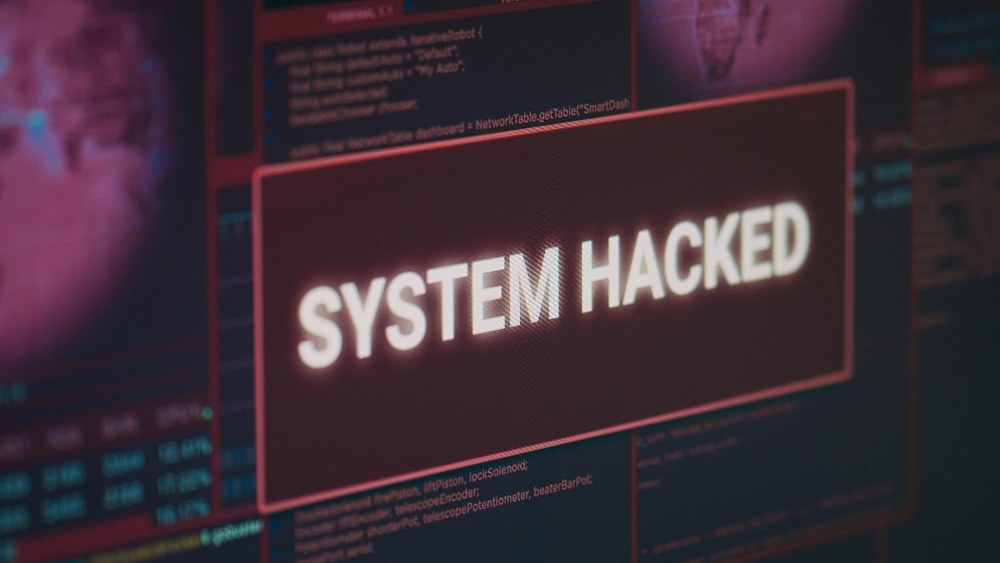Authorities in New York State have approved a new law requiring social media platforms to display warning labels when users engage with features that encourage prolonged use.
Labels will appear when people interact with elements such as infinite scrolling, auto-play, like counters or algorithm-driven feeds. The rule applies whenever these services are accessed from within New York.
Governor Kathy Hochul said the move is intended to safeguard young people against potential mental health harms linked to excessive social media use. Warnings will show the first time a user activates one of the targeted features and will then reappear at intervals.
Concerns about the impact on children and teenagers have prompted wider government action. California is considering similar steps, while Australia has already banned social media for under-16s and Denmark plans to follow. The US surgeon general has also called for clearer health warnings.
Researchers continue to examine how social media use relates to anxiety and depression among young users. Platforms now face growing pressure to balance engagement features with stronger protections instead of relying purely on self-regulation.
Would you like to learn more about AI, tech and digital diplomacy? If so, ask our Diplo chatbot!










